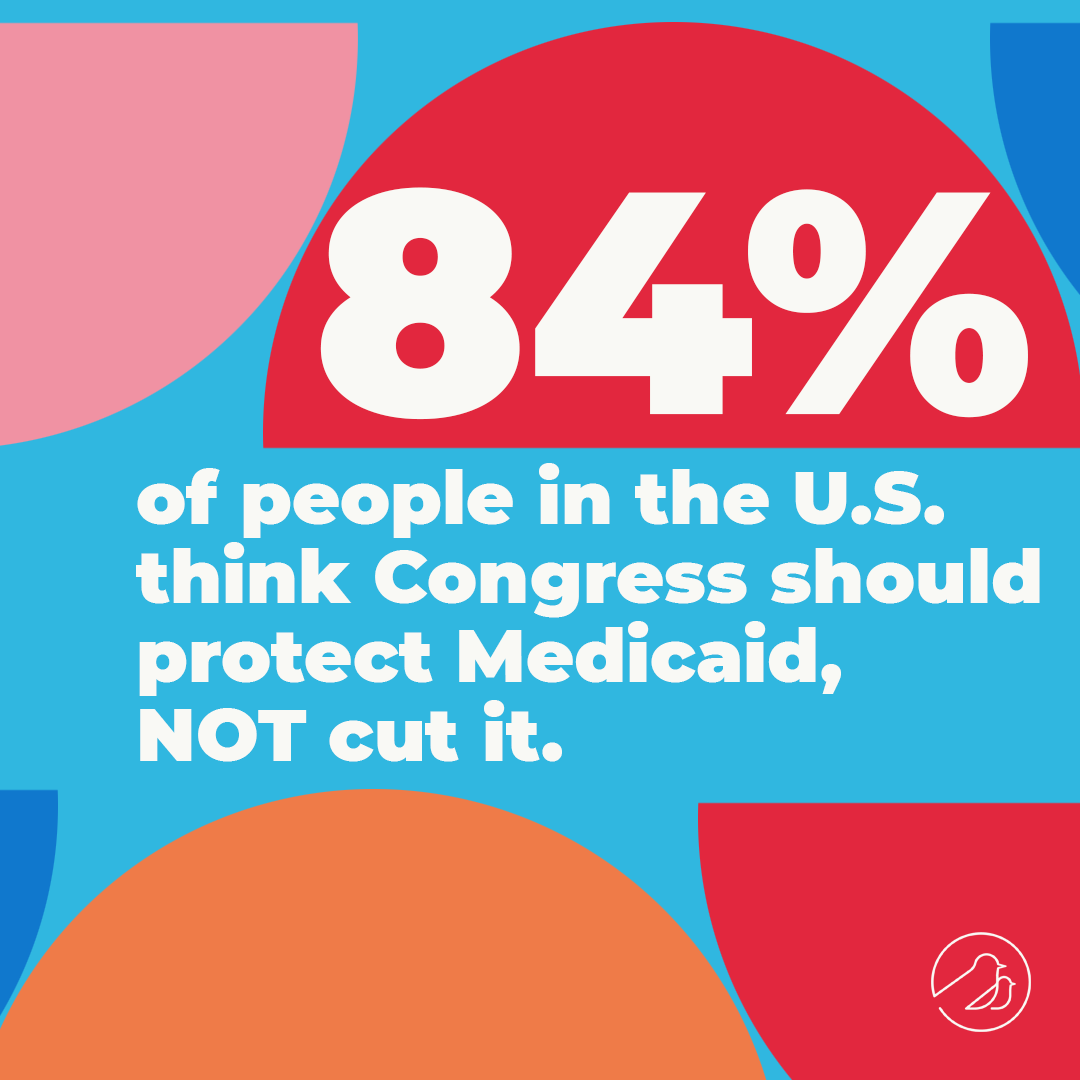|
|
Alliance Announces Partnership with National United Committee to Protect Pensions |
|
This week the Alliance and the National United Committee to Protect Pensions (NUCPP) Board of Directors announced a partnership to address the nation’s retirement security crisis.
“With politicians, despite their denials, trying to slash our hard earned Social Security benefits, we have decided to take the bull by the horns and team up,” said Robert Roach, Jr., President of the Alliance. “The national median 401(k) account balance is less than $34,000. That is not acceptable when defined benefit pensions are being offered to fewer and fewer workers.”
The NUCPP was formed in 2016 to ensure that hard-working Americans’ pension funds remain solvent and to educate, inform and advocate for accountability, reform, and restoration of multi-employer pension funds. It also acts as a watchdog on retirement security issues, including pensions, Social Security, and Medicare.
“Fortunately, a pension crisis was averted in 2021 when the Butch Lewis Act, an important part of President Biden’s American Rescue Plan, was signed into law,” added President Roach. “However, a national retirement security emergency remains in effect, and we need to expand Social Security in response.” |
|
McCarthy Goes After Most Vulnerable Americans as Condition for Raising the Debt Ceiling
|
|
|
Speaker Kevin McCarthy has released a plan to raise the national debt limit by $1.5 trillion in exchange for an array of drastic budget cuts across dozens of domestic programs, setting off a frantic attempt in the House to gather GOP votes. The Republican proposal includes familiar targets for conservatives: Medicaid and SNAP (food stamps), both of which are lifelines for older Americans. |
|
One way to cut funding is to institute additional work requirements on recipients for both Medicaid and SNAP. Overall, the deep cuts to Medicaid would dramatically affect 8 million seniors' health care.
Estimates say that more than 2 million people would lose health coverage completely by failing to meet the Medicaid work requirement, sometimes for administrative reasons. The Congressional Budget Office has previously estimated that requiring non-disabled, non-elderly childless adults to work in order to receive Medicaid benefits would reduce the program’s spending by $135 billion over 10 years.
However, the proposal ignores the fact that voters in state after state, when asked whether they should expand Medicaid to working-age, childless adults to give more people access to health insurance, have voted in favor of doing so. People who don't have employer-based insurance, but whose income is too high for them to qualify for Medicaid under stricter means testing, can get health coverage through Medicaid through the Affordable Care Act. Many of these adults are working in full-time jobs that do not provide health insurance.
Medicaid enrollment has roughly doubled from about 46 million people in 2007 to more than 92 million today, with North Carolina becoming the most recent state opting to join the program.
The House’s work requirement proposal — called a “community engagement” requirement in the bill’s text — would roll back those coverage gains by requiring many recipients to be working, looking for work, or participating in another kind of community service. Children under 18, adults over 56, people with mental or physical disabilities, and parents of dependent children would be exempted.
In Arkansas, where implementation of a work requirement was eventually blocked by a court order, nearly 17,000 people lost coverage after the requirement was put in place. Analyses later found that the policy didn’t lead to an improvement in Medicaid beneficiaries’ economic status; they simply became uninsured.
“There is a major risk for House Republicans if they continue down this path of destruction,” said Joseph Peters, Jr., Secretary-Treasurer of the Alliance. “Medicaid spending cuts are deeply unpopular with both the American public and lawmakers. Two-thirds of Americans oppose cutting Medicaid’s spending.” |
|
OMB: Rescinding COVID Funds as Part of Debt Limit Deal is an Attack on Pensions |
|
Last Friday, the White House Office of Management and Budget (OMB) released their monthly report detailing the unspent COVID money – $70 billion of American Rescue Plan (ARP) funds — that House Republicans want to cut as part of a debt limit deal.
Two-thirds of the money, $46.7 billion out of $72.8 billion, is from the Pension Benefit Guaranty Corporation’s Special Financial Assistance Program, which was always intended to spend slowly over time, a major reason for the funds not being spent yet. Since that’s most of the unspent ARP money, many seniors see the GOP’s “rescind unspent COVID balances” message as code for “cut support for union pensions.”
“After 10 plus years of living with uncertainty, 10.1 million pensioners were given a lifeline with the Butch Lewis Act,” said NUCPP President Kenneth Stribling. “Now the Republicans have targeted these seniors once more by trying to take their earned pensions away again. This is why we are pleased to announce the partnership this week with the Alliance, as well as other retiree groups with similar interests in keeping retirement security benefits safe. The NUCPP and its pension warriors have proven that they will fight for what we earned and were promised.” |
|
Biden Event Provides Sharp Contrast with House GOP Proposals |
|
Alliance Executive Director Richard Fiesta joined President Biden in Accokeek, Maryland Wednesday as Biden derided Republicans’ plans to raise the nation’s debt limit only in exchange for spending cuts and other policy concessions. |
|
|
President Biden in Maryland on Wednesday |
|
The week’s events, which began with McCarthy delivering a speech on Wall Street, clearly showed how Biden and the Speaker are addressing two very different audiences. Standing in a steel garage and workshop, President Biden stressed the contrast, |
|
telling the members of International Union of Operating Engineers, Local 77 that while “I’m here in the union hall with you, Speaker McCarthy just got finished speaking to Wall Street two days ago.”
“All the House GOP cuts would not even reduce the deficit, they would just pay for more tax giveaways that overwhelmingly benefit the super-wealthy and biggest corporations,” said Executive Director Fiesta. “President Biden’s plan would cut the deficit by nearly $3 trillion over 10 years by asking the wealthiest Americans and large corporations to pay their fair share, and cutting wasteful spending on special interests like Big Pharma and Big Oil.” |
|
Thanks for reading. Every day, we're fighting to lower prescription drug prices and protect retirees' earned benefits and health care. But we can't do it without your help. Please support our work by donating below. |
|
|
|
|
Alliance for Retired Americans | 815 16th Street, NW | Washington, DC 20006 | www.retiredamericans.org



